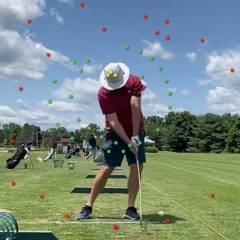Note: This thread is 1048 days old. We appreciate that you found this thread instead of starting a new one, but if you plan to post here please make sure it's still relevant. If not, please start a new topic. Thank you!
-
Topics Being Discussed Right Now on The Sand Trap
-
"5 Minutes Daily" Practice Challenge 1 2 3 4 1014
By iacas, in Instruction and Playing Tips
- 5 minutes daily
- dedication
- (and 6 more)
- 18,251 replies
- 1,851,064 views
-
- 82 replies
- 7,344 views
-
- 11,020 replies
- 986,220 views
-
- 2,568 replies
- 354,500 views
-
- 13 replies
- 2,187 views
-







Recommended Posts